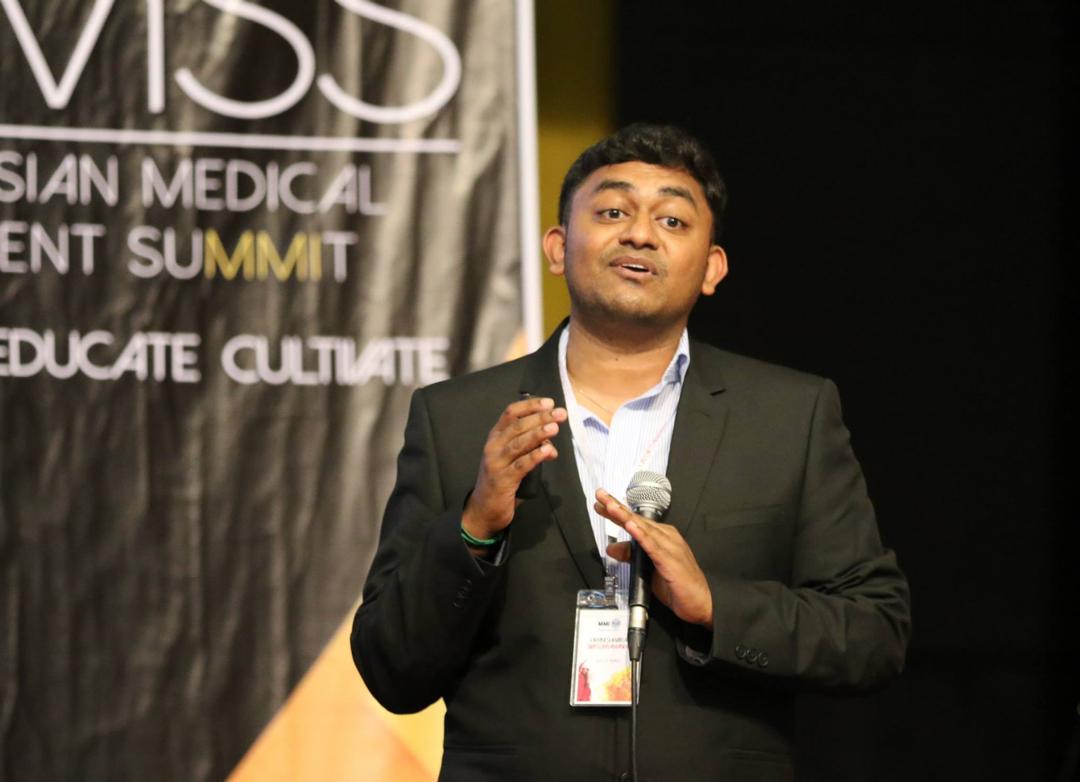KUALA LUMPUR, Dec 30 — Removing the critical allowance for public health professionals will cause a postponement in repaying National Higher Education Fund Corporation (PTPTN) and other student loans, medical students said today.
Sixteen bodies representing students studying medicine, pharmacy, dentistry, and nursing said this will eventually result in delayed specialist training that is already severely lacking.
They also pointed out that young doctors, dentists, and pharmacists — who are required to undergo training in government hospitals — are already facing career uncertainties with the shortage of permanent positions in the public sector.
“This reduction in salary may further exacerbate the brain drain and eventual migration of Malaysian-trained health care professionals, aggravating the understaffing of the public health care sector and putting all efforts of talent retention into waste,” said the 16 student bodies in a joint statement.
“Universal health coverage is only achievable with adequate investment in the health workforce. Health workforce shortages are increasing the inequities in access to health services, causing preventable illness, disability and death.”
They warned the government of an increase in non-communicable and chronic diseases amid an ageing population and lifestyle changes.
“Chronic underinvestment in health care will reduce our health system’s preparedness in handling acute public health crises such as disasters, outbreaks, and global health threats. It threatens health security and can potentially lead to serious economic and social setbacks.”
The medical student bodies urged the government to reconsider removing the Critical Service Incentive Payment (BIPK) from government health workers. They also called on Members of Parliament and Cabinet members to represent health care workers in bringing up their concerns regarding the repeal of the critical allowance.
Youth and Sports Minister Syed Saddiq Abdul Rahman announced last Friday that Prime Minister Dr Mahathir Mohamad has decided to postpone abolishing the critical allowance for all professionals across 33 Critical Service schemes in the public sector — including health workers, engineers, architects, and air traffic controllers among others — appointed from January 1, 2020. The five health care professionals affected are doctors, nurses, pharmacists, dentists, and medical assistants.
The BIPK critical allowance is RM750 monthly for doctors, pharmacists and dentists, and up to 15 per cent of the monthly basic salary for nurses. For other professionals in the civil service, it’s between 5 and 10 per cent of their monthly basic salary.
Health Minister Dzulkefly Ahmad said last Friday that health officials would meet with the Public Service Department (JPA) tomorrow to explain the Health Ministry’s position on the BIPK.
The Health Ministry has started reappointing medical officers on contract this year, extending their contract from housemanship, to serve their mandatory two-year service with the government, as it is unable to absorb all junior doctors amid a glut of medical students.
The 16 student bodies which signed the joint statement were Society of Malaysian Medical Association Medical Students, Asian Medical Students Association Malaysia, Malaysian Dental Students’ Association, Malaysian Pharmacy Students’ Association, Malaysian Medics International, Malaysian Students’ Surgical Society, International Student Surgical Network Malaysia, Kesatuan Mahasiswa Universiti Malaya Fakulti Perubatan, Kesatuan Mahasiswa Universiti Kebangsaan Malaysia Fakulti Perubatan, University of Malaya Medical Society, Putra Medical Club, International Medical University Student Representative Council, Universiti Pertahanan Nasional Malaysia Military Medicine Society, AIMST Student Nurse Association, MAHSA University Medical Society, and UCSI Medical Students’ Association.








